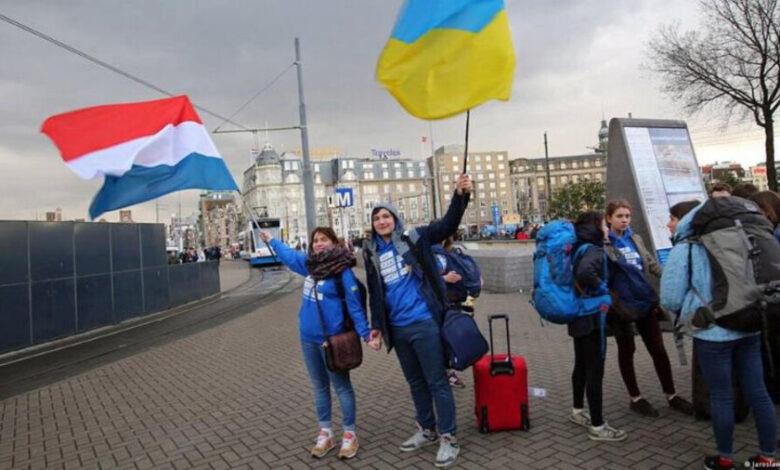From October, Ukrainians in the Netherlands will pay significantly more for asylum than before

In the fourth year of Russia’s full-scale invasion, millions of Ukrainians who found refuge in EU countries are facing new difficulties. At first, European states opened borders for refugees, provided free accommodation, food, social assistance and access to medical services and education. But with the passage of time, governments are increasingly revising these conditions, which is related to overloaded infrastructures, financial pressures, internal debates about the duration of assistance and strive to reduce the difference between Ukrainians and other categories of asylum seekers. All this leads to a reduction in compensation, a decrease in the level of support and a gradual transition to a paid stay model.
Netherlands: from October – twice as expensive
As reported RTL, from October 1, 2025, Ukrainian refugees in the Netherlands will have to pay much more for accommodation than before. The country’s government has increased the mandatory monthly contributions for staying in shelters from 105 euros to 244 euros per person. This was announced by the Minister of Asylum and Migration Mona Keyser, speaking on July 4.
According to her, a family with two minor children will have to pay a maximum of 488 euros, depending on the accommodation conditions. The minister explained that the funds will be used to cover costs for gas, water and electricity. Thus, the government decided to partially transfer the financial burden to the refugees themselves.
In addition, those Ukrainians who live in centers with full meals will have to pay an additional 252 euros per month. As a result, the maximum amount that a family with two children will have to pay for housing will reach 933 euros per month.
The Dutch government stated that this decision is designed to reduce differences in conditions between Ukrainians and other categories of asylum seekers. From the very beginning, Ukrainians received significantly more loyal conditions — in particular, they were able to independently choose their place of residence, quickly issue documents, use free medical insurance and other privileges.
The asylum system in the Netherlands is currently in a state of overload. According to information on March 19, 2025, there were 120,820 citizens of Ukraine in the country, of which 93,770 were in municipal centers for refugees. At the same time, the occupancy rate of such centers reached almost 100% for several months in a row.
A trend spreading across Europe
Already at the beginning of 2025, the government reduced the daily compensation for municipalities for each refugee from Ukraine from 61 to 44 euros. However, according to the data of the four largest cities in the Netherlands – Amsterdam, Rotterdam, Utrecht and The Hague – the real costs per person are between 55 and 60 euros per day. This created a serious financial gap, which the state is now trying to close through increased contributions from the refugees themselves.
Similar trends have already been observed in other EU countries. For example, at the beginning of the year, in Hungary, Ukrainian refugees, mainly from Transcarpathia, began to be evicted from state accommodation centers. Although formally they are not deprived of the status of temporary protection, in practice they lose the right to free housing. These signals indicate the gradual transition of European states to a new model of treatment of Ukrainian displaced persons — a model that is increasingly based on self-sufficiency and equality with other categories of migrants.
The increase in monthly contributions in the Netherlands is not only a separate administrative change, but also part of a wider process in which Ukrainian refugees must adapt to the new reality. The protection and support provided in the emergency phase of the war is gradually being transformed into a system of limited subsidies. In this new system, each family must prepare for additional costs and greater responsibility for their stay abroad.





